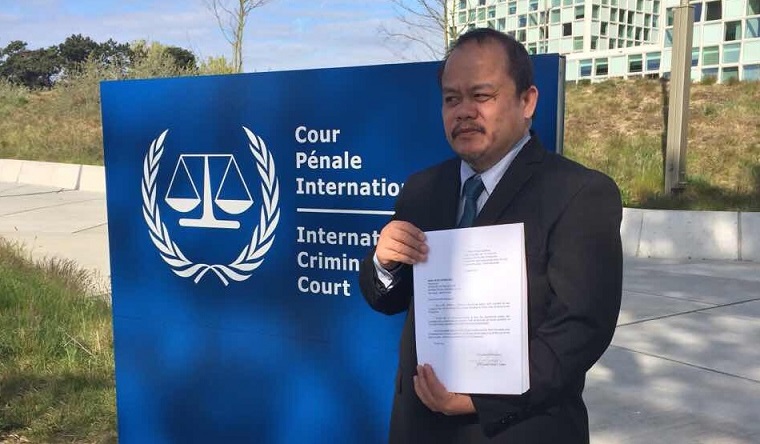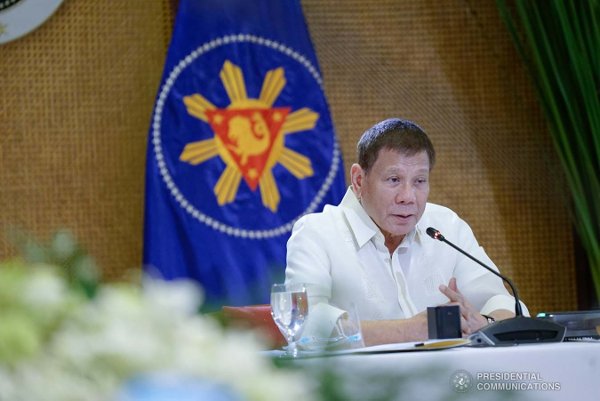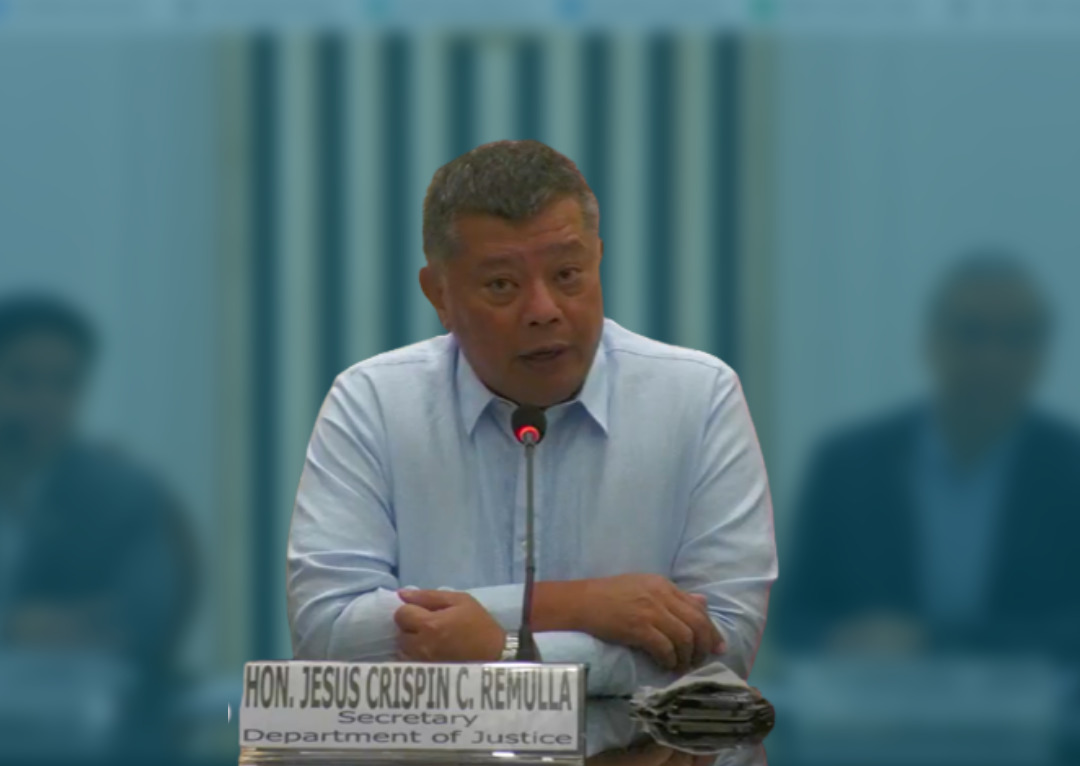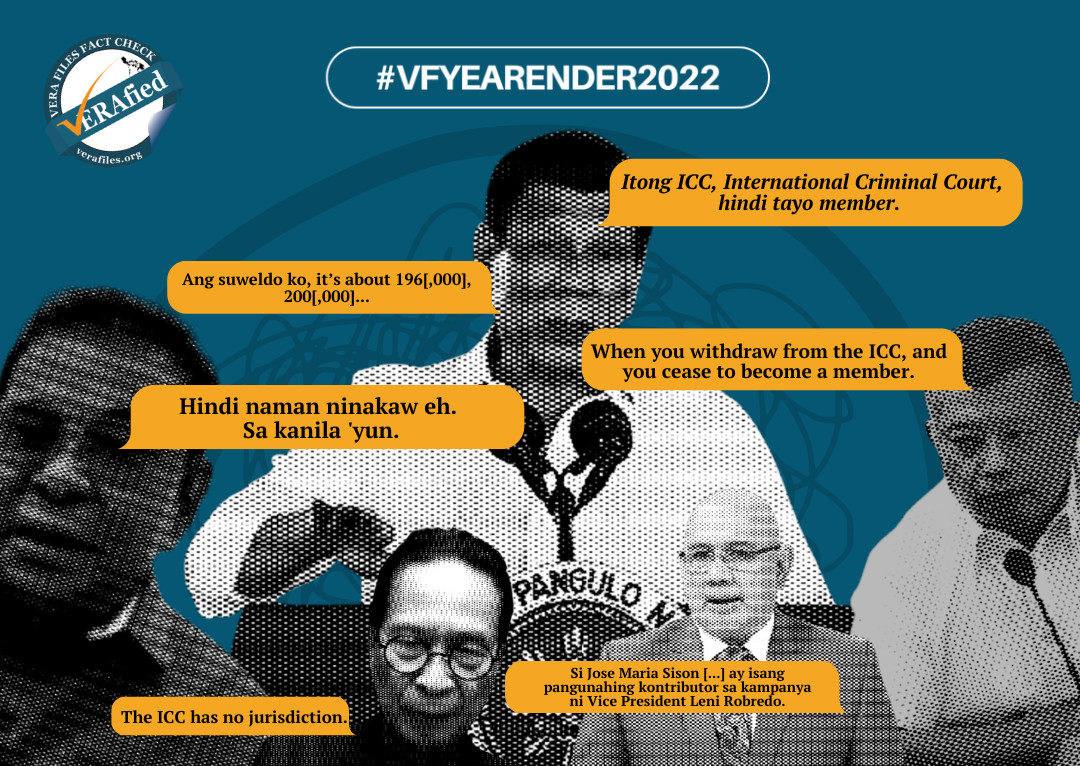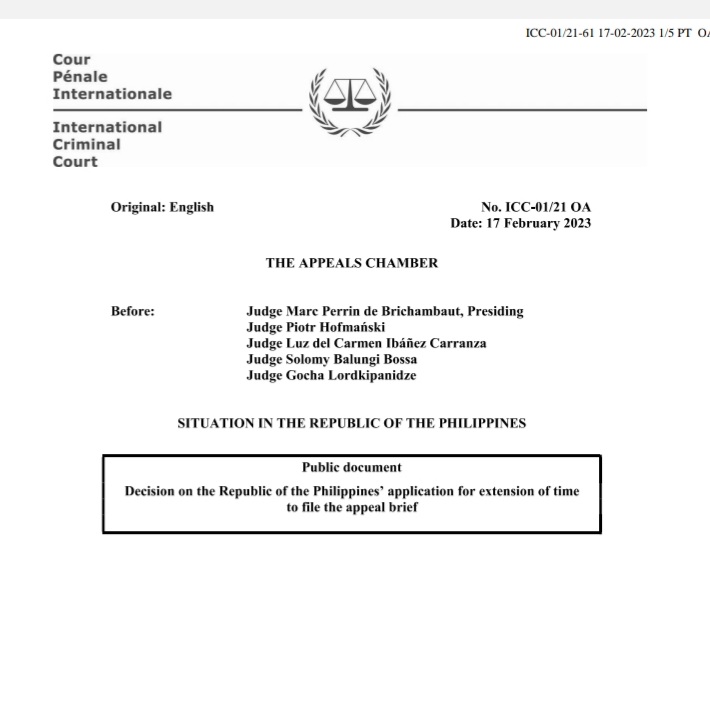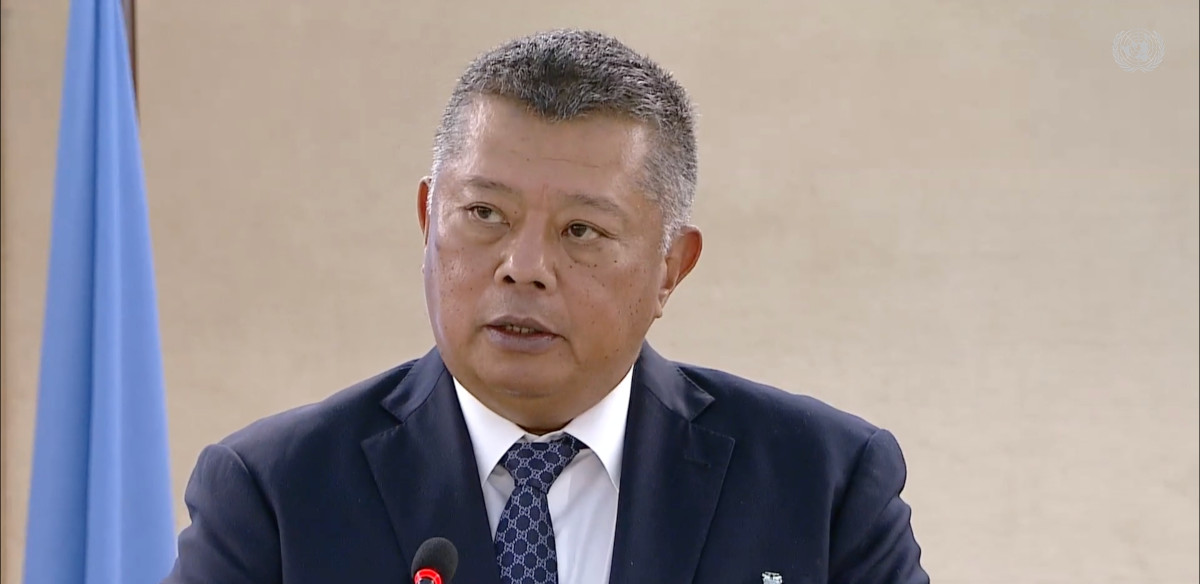So, lawyer Jude Sabio has announced that he is withdrawing a communication he had filed nearly three years ago with the Office of the Prosecutor (OTP) of the International Criminal Court (ICC) about President Rodrigo Duterte’s deadly drug war.
This is such a bombshell that obliterates the whole case against President Duterte’s brainchild – in which tens of thousands have already died – right?
Wrong. Other than giving Oplan Tokhang defenders some brownie points to crow about in the eyes of their supporters, it does nothing to the preliminary examination (PE) being carried out by ICC Prosecutor Fatou Bensouda’s office.
To begin with, and as we had been pointing out right from the start, Sabio’s 77-page April 24, 2017 submission to the ICC does not even deal directly with the events being probed by the OTP, as it pertained to facts and events that allegedly occurred when Mr. Duterte was still mayor of the City of Davao.
Sabio’s communication to the ICC prosecutor presented testimonies from self-confessed hitmen Edgar Matobato and Arthur Lascanas that implicated Duterte in the Davao Death Squad (DDS). Duterte was mayor of Davao City for more than 22 years, until June 2016.
The OTP’s preliminary probe deals only with the period from the time Mr. Duterte launched the drug war on July 1, 2016,and untilMarch 16 , 2019, when a written notification of withdrawal from the Rome Statute filed with the UN Secretary General by the Department of Foreign Affairs on his behalf, took effect.
The Philippines became a party to the Rome Statute on November 1, 2011.
The alleged crimes committed by the DDS in Davao City prior to that date are excluded from the ICC’s temporal jurisdiction, according to the provisions of the Rome Statute, the treaty that established the world’s first permanent court created to prosecute international crimes.
Under the Rome Statute, the ICC retains jurisdiction over any alleged international crimesover the Philippines during the period when it was a State Party to the Rome Statute,
Another reason why Sabio’s announcement is a dud has to do with the very nature of a PE itself.
A PE is essentially a fact-finding procedure to determine whether there is a “reasonable basis” for the OTP to proceed to the preliminary investigation (PI) proper.
The PE is an initial stage of the OTP’s investigation, while the PI is its intermediate stage, where itsprosecutors narrow their focus to “potential cases” out of a whole universe of incidents arising out ofthe Philippine drug war “situation.” And the PE is precisely meant to weed out extraneous, irrelevant, or politically-motivated submissions.
The ICC criminal investigation procedures are markedly different from those observed before the Philippine Department of Justice, which perhaps explains Sabio’s own apparent confusion about the nature of his submission before the international tribunal.
Sabio is just one of many parties who provided “open source information” to the OTP in connection with Oplan Tokhang. Paragraph 249 of Prosecutor Bensouda’s December 5, 2019 report says as much:
It gathered, received, and analysed information from a wide range of sources. The Office reviewed hundreds of media and academic articles, reports, databases, legal submissions, primary documents, press releases and public statements by intergovernmental, governmental and non-governmental organization’s, and other relevant sources, including such that was received through article 15 communications submitted directly to the Office. Consistent with standard practice, the Office has subjected such information to rigorous source evaluation, including an independent and thorough assessment of the reliability of sources and credibility of information received. In connection with this process, the Office has continued to take steps to verify the seriousness of information received and corroborate a number of relevant factual issues.
Sabio’s and those by many human rights organizations based in the Philippines and abroad, are part of the article 15 communications referred to by Prosecutor Bensouda.
In her December 5 report, Prosecutor Bensouda indicated that the OTP’s preliminary probe over the Philippine situation is nowon the third and penultimate stage,in which her office dealswith the question of “admissibility” or “complementarity” – whether or not courts in the Philippines are unable or unwilling to prosecute crimes over which the ICC has jurisdiction.
At the admissibility stage, the OTP looks at the gravity of the alleged crimes, including their scale, nature, manner of commission, and their impact, bearing in mind the “potential cases” that would likely arise from the probe. It will also consider relevant national proceedings in relation to these potential cases.
This means that by now her office would have already discounted Sabio’s submission for what it really is: a largely inconsequential document, given its nature, other than, perhaps providing a historical background to Mr. Duterte’s drug war.
Another way of saying it is that Sabio really has no case to withdraw, because his submission is not even a case yet, but merely a collection of raw information that may only be tangentially related to the OTP’s preliminary probe of the drug war.
After the admissibility stage, the OTP will then move to the “interest of justice” stage, where it will whether to pursue a PI or not – one that is not likely to be protracted in the Philippine case.
An affirmative finding will lead the OTP to file with the ICC Pre-Trial Chamber (PTC) a request to authorize it to begin the preliminary investigation.
If the PTC grants the request, it will “at any time after the initiation of an investigation”,issue a warrant of arrest at the OTP’s behest. A warrant is issued to ensure that a suspect appears at trial, or does not endanger or obstruct the investigation or the court proceedings or, to prevent the person from continuing to commit the crimes.
Prosecutor Bensouda opened the OTP’s PE on the Philippines on February 8, 2018.
As we noted in an earlier piece, Prosecutor Bensouda may wrap up her preliminary probe sooner than expected. And – assumingthe OTP finds evidence to move for a preliminary investigation –at the earliest, it may seek the issuance of an arrest warrant against relevant persons by the end of the year.
*Romel Regalado Bagares studied at the University of the Philippines and the Vrije Universiteit Amsterdam. He teaches public international law at Lyceum Philippines University and is an officer of the Philippine Society of International Law. The views in this essay are all his and do not reflect those of any of his affiliations.
